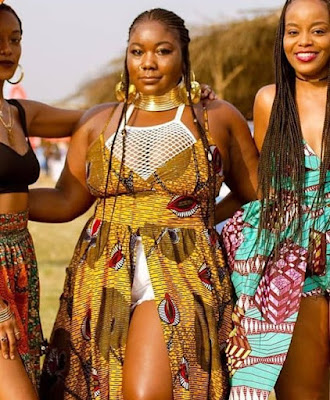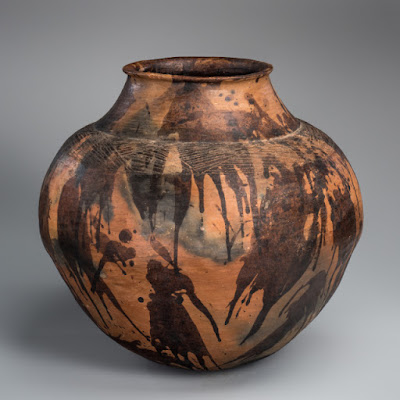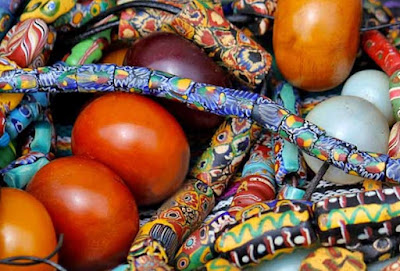6 unique African Arts And Crafts
Arts and crafts are essential in day-to-day African culture. The oldest art and crafts can be traced to Africa. Arts and crafts are the bedrock of African culture and traditions. Africans express their culture and traditions through arts and crafts. It is also imperative when it comes to the religious aspects. Most African arts and crafts are based on culture, traditions, and beliefs.
These 6 unique African arts and crafts will highlight the importance of African culture and traditions. Examples of these popular art forms include carved artifacts, clothes and textiles, pottery, and many more.
6 Unique African Arts And Crafts
1. Wood Carving
Wood carvings are mostly molded to be used in religious practices. Wood carvings of various figures, animals, and deities are typical in African culture. Some of these arts and crafts can be found in palaces, temples, shrines, living rooms, homes, and many more.
Carving has played a vital role in African culture for time immemorial. Carving goes back to the ancient Egypt/Nubia era when carved figurines are used in everyday life. Wood carvings can be in the form of stools for kingship, drums, masks, etc.
Wood carvings are also used during religious practices. Most of the African wood carvings are used to depict local deities, animals, and important figures such as kings, priests, warriors and etc.
2. Clothing/Textiles
Another art form that is very popular in Africa is clothing. In Africa clothing is everything and depicts a way of life. Africans were solely using local wear before the emergence of the Europeans. Some of these local clothing items are made to represent the culture, traditions, and daily lifestyles.
Clothing plays a major role in ceremonies such as a funeral, marriages, naming, traditional religious festivals, and many more. Africans sew cloth to suit their culture and traditions. The style of sewing cloth differs from country to country.
There are also items of clothing used for decorations and religious purposes. Some African countries use plant extracts to produce their clothes others also dyed dresses and wax prints from Europe, China and etc. The dresses are mainly sewn to reflect the cultural trend of that particular country. Every African country has its national garments. The most popular national cloth in Africa is Kente cloth from Ghana West Africa.
3. ceramic and potery
Ceramics and pottery have a long history in African culture and traditions. There are many ancient African kingdoms that were famous for producing quality and unique ceramics and pottery. One of the famous and important historical places was Nok, present-day Nigeria in West Africa.
Other famous places that manufacture beautiful ceramics and pottery are Djenne and Bankoni in present-day Mali. Ceramics and pottery are significant to many aspects of African life and culture. It is used for religious purposes and occasions such as traditional festivals, the installation of a king, and many more.
It is also essential for domestic use as it is used for cooking and serving food. Many African cultures use pots to store water and pieces of jewelry.
5. Basketry
Basket in African culture is very important. The oldest known baskets were discovered in Faiyum in upper Egypt and have been carbon-dated to between 10,000 and 12,000 years old. In Africa, the basket is like a handbag to women. Its usage ranges from storage of items, fruits, etc, to shopping, decorations, and many more. Women mostly use it on daily basis.
African basket is made with canes, raffia leaves, reeds, bamboo, and palm leaves. In Ghana, Bolgatanga is the most important destination for baskets. Elephant grass is mostly used to produce baskets in Africa. It grows tall and strong in Bolgtanga, Ghana where most of these baskets are made. African baskets have become more popular in interior decorations and can be seen in hotels, restaurants, floral boutiques, and homes.
Some of the durable and colorful baskets can be found in Bolgatanga, Ghana, and South Africa. Although most African countries patronize the usage of baskets.
6. Beads
African beads are an important form of jewelry. The beads are made out of a variety of materials, including shells, wood, bone, amber, glass, stone, clay, and metals. It is ornamental and used in religion, rituals, and traditional ceremonies. It also shows a person's status in society. There are beads that belong to chiefs, shamans, priests, and common people.
In most African countries, waist beads are a symbol of femininity, fertility, sensuality, and spiritual well-being. Today, in both Africa and the United States, women use waist beads for aesthetic and practical purposes.
Some of the popular and quality beads across Africa are the Krobo Beads from Ghana, Mali Clay, Wedding Beads, Kakamba Beads, etc. Beads are also worn during puberty rites in Ghana called Dipo and also during marriage ceremonies, it is associated with fertility. During Dipo initiations, Beads are worn on the neck, ankles, and waist. This symbolizes maturity and the beginning of womanhood.















Comments
Post a Comment